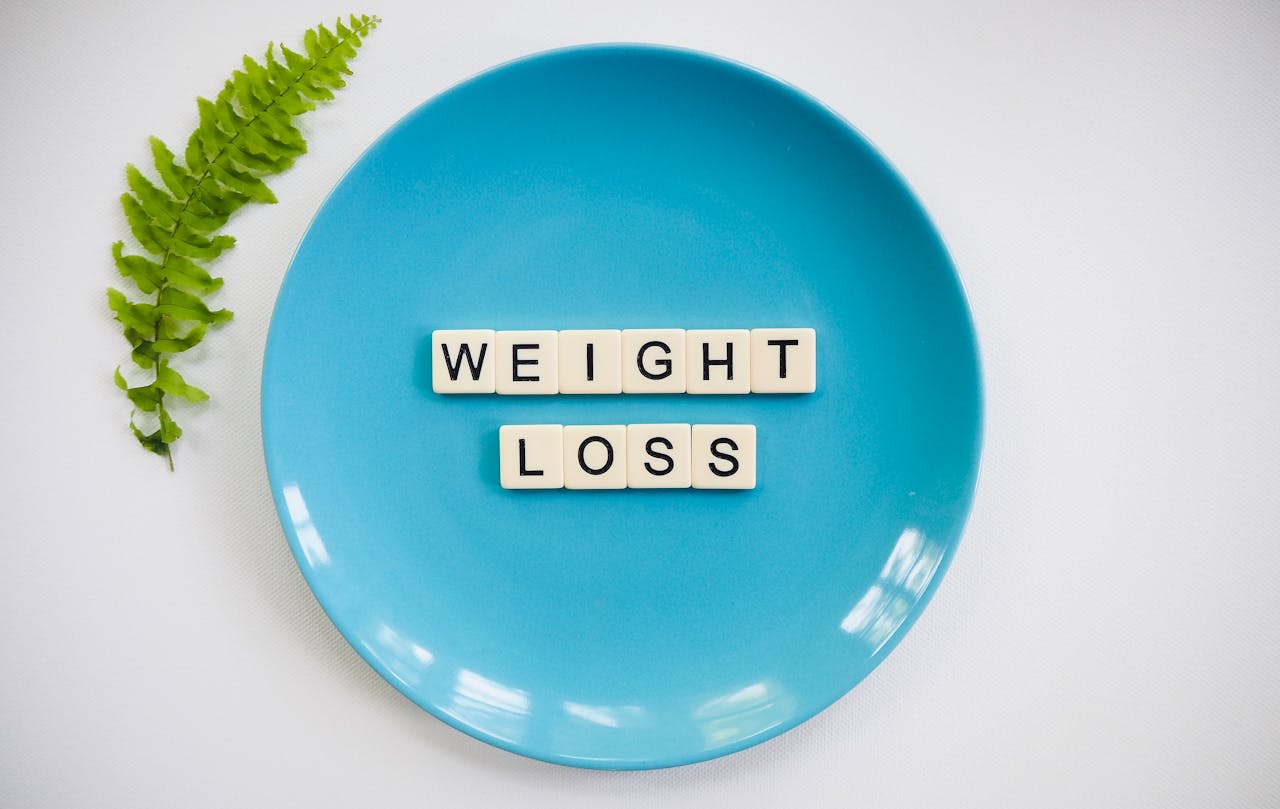Weight loss is a topic that dominates conversations, headlines, and health goals worldwide. Yet, despite the wealth of information available, many people still struggle to find a clear path to achieving their weight loss goals. The truth is, weight loss isn’t just about cutting calories or exercising more; it’s about understanding the science behind how your body works. In this blog, we’ll break down the science of weight loss and explore what really works.
1. The Basics of Energy Balance
At the core of weight loss is the concept of energy balance, which is the relationship between the calories you consume and the calories your body burns. To lose weight, you must create a calorie deficit, meaning you burn more calories than you consume. This can be achieved through a combination of dietary changes and increased physical activity.
However, it’s not just about numbers. The quality of the calories you consume plays a significant role in how your body responds. For example, 200 calories from a sugary snack will affect your body differently than 200 calories from a protein-rich food. The former may spike your blood sugar levels, leading to fat storage, while the latter could support muscle maintenance and keep you feeling fuller longer.
2. Macronutrients and Their Role in Weight Loss
Understanding macronutrients—proteins, fats, and carbohydrates—is crucial in crafting a successful weight loss plan.
- Protein: Protein is essential for muscle repair and growth, and it has a high thermic effect, meaning your body uses more energy to digest it. Including adequate protein in your diet can help preserve muscle mass during weight loss and keep you feeling full, which can prevent overeating.
- Carbohydrates: Carbs are the body’s primary energy source. However, the type of carbs you consume matters. Complex carbohydrates, like those found in whole grains, vegetables, and legumes, are digested more slowly, providing sustained energy and preventing blood sugar spikes. Simple carbs, like those found in sugary snacks and processed foods, are digested quickly, often leading to increased hunger and fat storage.
- Fats: Healthy fats, such as those from avocados, nuts, seeds, and olive oil, are vital for overall health and can help you feel satisfied after meals. Contrary to popular belief, dietary fat doesn’t directly translate to body fat. In fact, including healthy fats in your diet can support weight loss by keeping you full and regulating hormones that control appetite.
3. The Role of Hormones in Weight Loss
Hormones play a pivotal role in weight management. Several hormones regulate hunger, metabolism, and fat storage:
- Insulin: Insulin is a hormone that helps regulate blood sugar levels. When you consume carbs, your body breaks them down into glucose, leading to an insulin release. Chronically high insulin levels, often due to excessive intake of refined carbs and sugar, can lead to increased fat storage and make weight loss more challenging.
- Leptin: Known as the “satiety hormone,” leptin is produced by fat cells and signals to your brain when you’re full. However, in cases of obesity, the body can become resistant to leptin, leading to constant hunger and overeating.
- Ghrelin: Ghrelin is often called the “hunger hormone” because it stimulates appetite. Ghrelin levels increase before meals and decrease after eating. Managing stress, getting enough sleep, and eating protein-rich foods can help regulate ghrelin levels and reduce hunger.
4. The Importance of Metabolism
Your metabolism is the process by which your body converts food into energy. It’s influenced by several factors, including age, gender, muscle mass, and activity level. While you can’t control some of these factors, you can boost your metabolism through lifestyle changes:
- Building Muscle: Muscle tissue burns more calories at rest than fat tissue. Strength training can help you build and maintain muscle mass, increasing your resting metabolic rate.
- Staying Active: Regular physical activity, especially high-intensity interval training (HIIT), can increase your metabolic rate both during and after exercise.
- Eating Protein: As mentioned earlier, protein has a high thermic effect, meaning your body burns more calories digesting it compared to fats and carbs.
5. The Psychological Aspect of Weight Loss
Successful weight loss isn’t just about diet and exercise; it’s also about mindset and behavior. Emotional eating, stress, and unrealistic expectations can all sabotage your efforts. Strategies such as mindfulness, setting realistic goals, and seeking support from a community or professional can make a significant difference in your weight loss journey.
6. Sustainable Weight Loss: What Really Works?
So, what really works for weight loss? The answer lies in a balanced approach that combines science-backed strategies with a focus on long-term health rather than quick fixes. Here are key takeaways:
- Focus on Whole Foods: Prioritize nutrient-dense, whole foods like vegetables, fruits, lean proteins, whole grains, and healthy fats. These foods provide essential nutrients and keep you full longer.
- Stay Active: Incorporate both cardio and strength training into your routine. Aim for at least 150 minutes of moderate-intensity aerobic activity each week, along with two days of muscle-strengthening activities.
- Get Enough Sleep: Poor sleep can disrupt hormones that regulate hunger and metabolism. Aim for 7-9 hours of quality sleep each night.
- Manage Stress: Chronic stress can lead to weight gain, particularly in the abdominal area. Practice stress-reducing techniques such as meditation, yoga, or deep breathing.
- Be Patient and Consistent: Sustainable weight loss takes time. Focus on making small, consistent changes that you can maintain over the long term.
Conclusion
The science of weight loss is complex, but by understanding how your body works, you can create a personalized plan that leads to lasting success. Remember, there’s no one-size-fits-all approach to weight loss. It’s about finding what works best for you and making healthy choices that align with your lifestyle. With the right mindset and strategies, you can achieve your weight loss goals and maintain a healthier, happier you.


